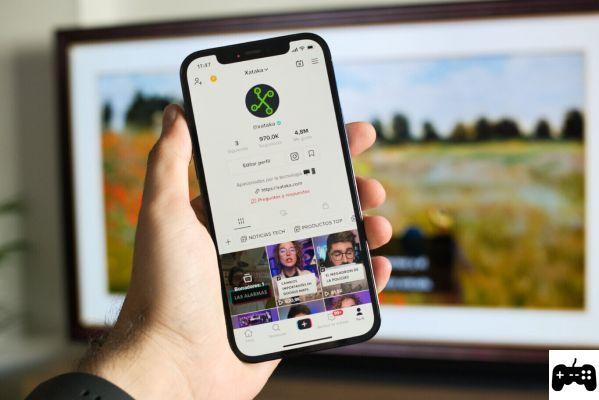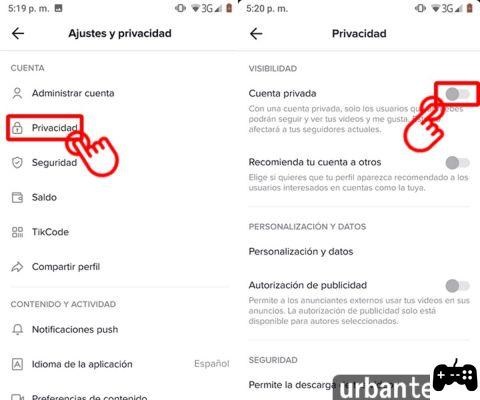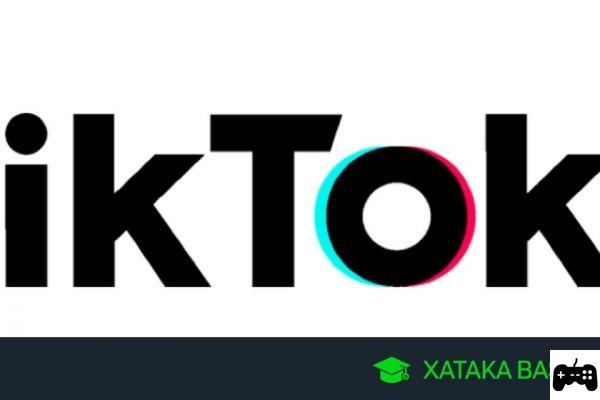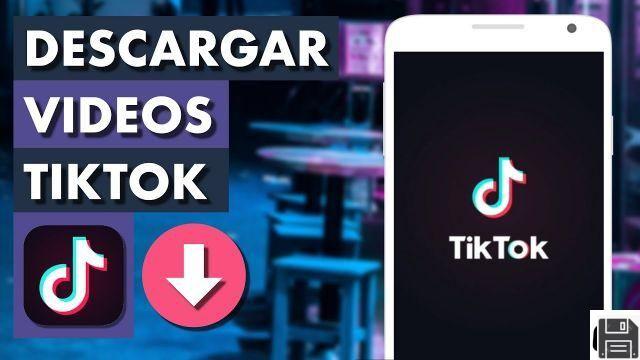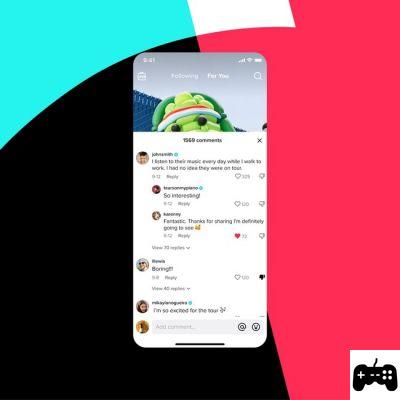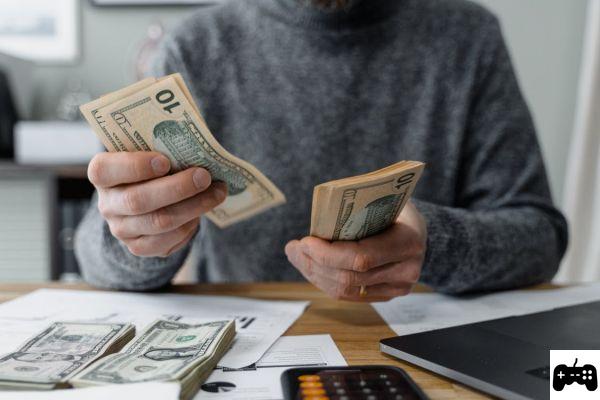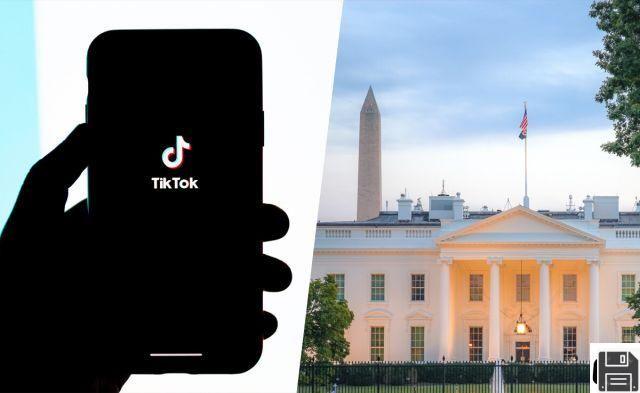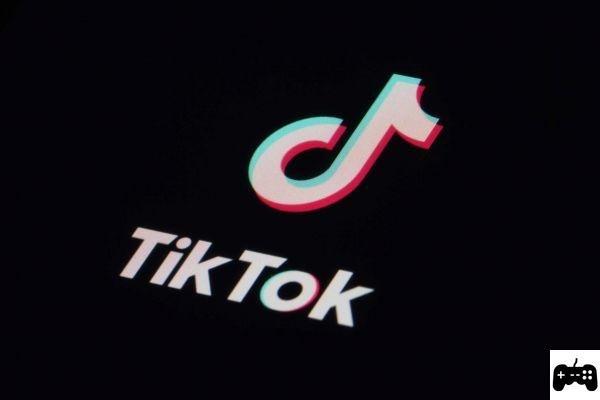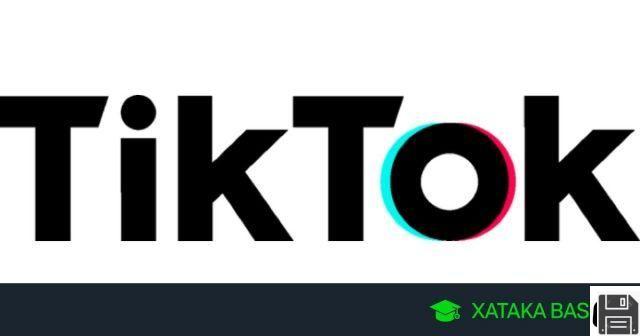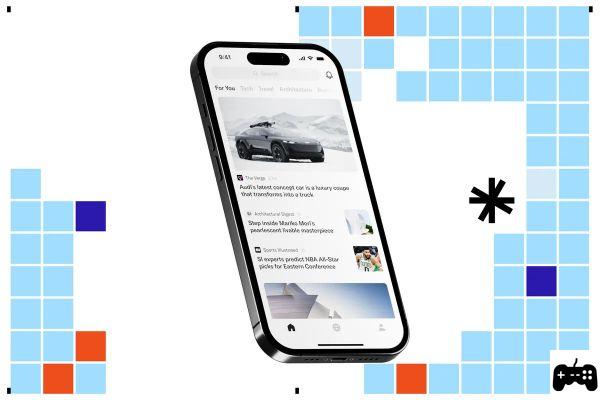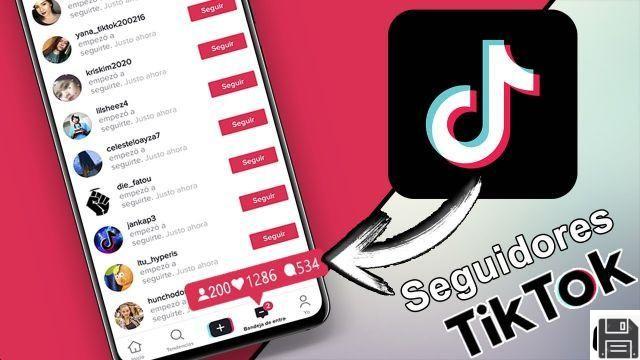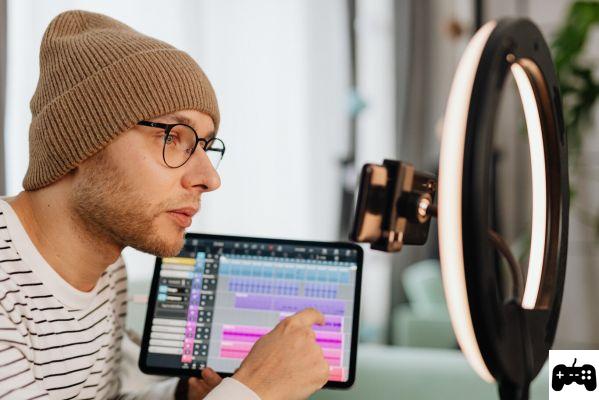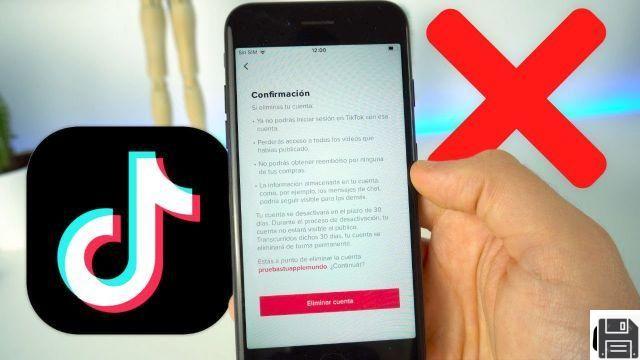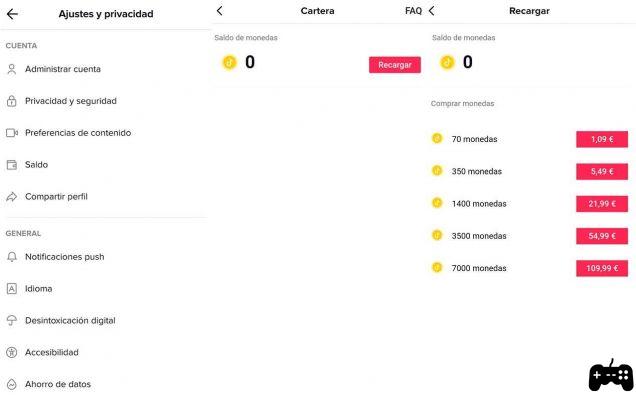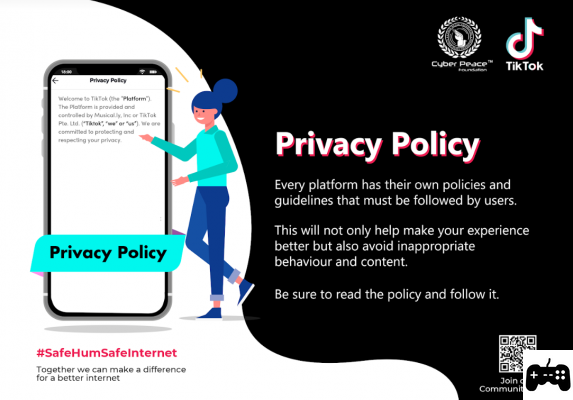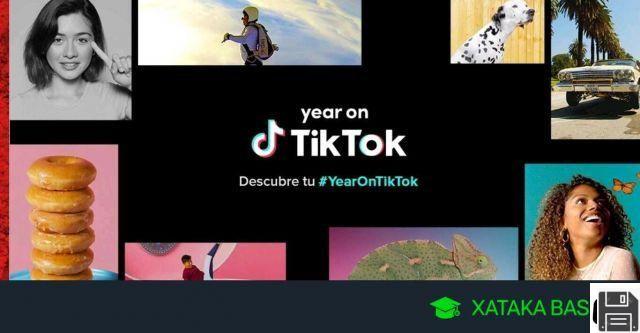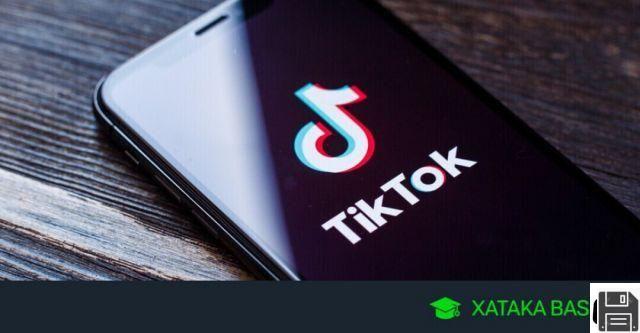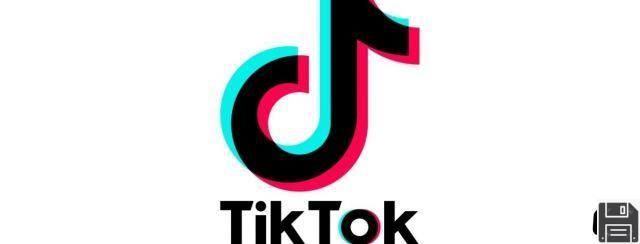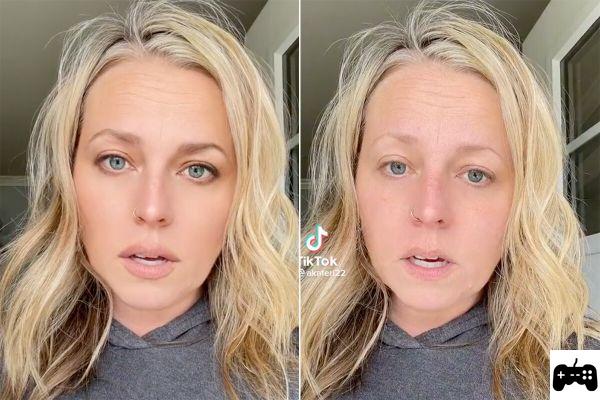
Introduction
In recent times, TikTok has become one of the most popular applications among young people of generation Z. However, not everything is fun and entertainment on this platform. Recently, a great controversy has arisen around the extreme beauty filter offered by TikTok, generating concern among users and society in general. In this article, we will analyze the different search intentions related to this topic and explore the impact that this filter can have on the self-esteem of young people.
Controversy and concern
The appearance of the extreme beauty filter on TikTok has left many users shocked and worried. This filter allows users to drastically modify their appearance, softening imperfections and highlighting features considered ideal according to current beauty standards. However, this tool has generated great controversy due to the possible negative effects it can have on young people's self-esteem.
Impact on the self-esteem of generation Z
Generation Z, made up of young people born between the mid-90s and early 2000s, has grown up in a world highly influenced by social networks and the unrealistic beauty standards they promote. TikTok's extreme beauty filter only reinforces these standards, creating additional pressure on young people to conform to an unattainable image. This can have a negative impact on their self-esteem and self-perception.
Filter Legality
Another concern that has been raised regarding this filter is its legality. Some users wonder if TikTok should allow the use of a filter that promotes a distorted image of reality and that could negatively affect the mental health of young people. Although TikTok has implemented measures to protect its users, such as the option to deactivate the filter, the discussion about the legality of this tool continues.
BBC opinion
The BBC, one of the most influential media outlets worldwide, has expressed its opinion on TikTok's extreme beauty filter. According to the BBC, this tool can have serious consequences for the mental health of young people, as it promotes an unrealistic and unhealthy image of beauty. Furthermore, the BBC highlights the importance of digital platforms assuming their responsibility in protecting their users and promoting a positive body image.
Frequently Asked Questions (FAQs)
1. Can TikTok's extreme beauty filter cause eating disorders?
Although there are no specific studies on the impact of TikTok's extreme beauty filter on eating disorders, it is important to keep in mind that constant exposure to distorted images of reality and unattainable beauty standards can contribute to the development of these disorders. It is essential to promote education about positive body image and promote acceptance of body diversity.
2. What measures is TikTok taking to protect its users?
TikTok has implemented some measures to protect its users from the possible negative effects of the extreme beauty filter. One of these measures is the option to disable the filter, allowing users to control their exposure to this tool. Additionally, TikTok has launched awareness campaigns about the importance of positive body image and established guidelines to promote a safe and healthy environment on the platform.
Conclusion
TikTok's extreme beauty filter has generated great controversy and concern in society. Its impact on the self-esteem of Generation Z and the legality of this tool are issues that require deep reflection. It is essential that digital platforms assume their responsibility in protecting their users and promoting a positive body image. Education about body image and acceptance of body diversity are key to counteracting the negative effects of unrealistic beauty standards.
Until next time.




